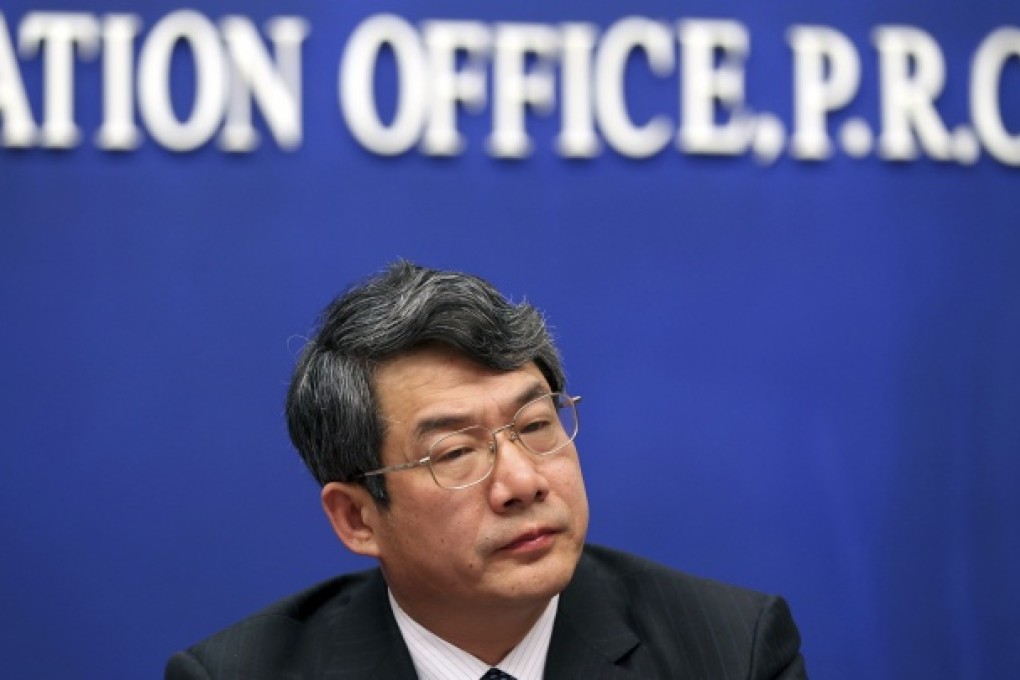Social media seen as new weapon in graft-busting in China
Thousands of internet users praise joint effort that led to a probe into a senior planning official

Academics yesterday lauded co-operation between social media users and the nation's graft-busters in cracking down on corruption, as state media and tens of thousands of internet users hailed the toppling of a vice-ministerial-level official as a result of online comments.
Xinhua quoted unnamed officials with the Central Commission for Discipline Inspection (CCDI) as saying on Sunday that Liu Tienan, vice-director of the National Development and Reform Commission (NDRC), was being investigated by the agency for serious violations of discipline - a common euphemism for corruption.
The joining of hands between internet users and officials is a new approach in graft-busting
The official report follows accusations against Liu that were first made in December by Luo Changping, a deputy editor with Beijing-based Caijing magazine, who posted the allegations on his microblog account, which has tens of thousands of followers.
Luo became the first widely recognised figure to make such accusations against a sitting vice-ministerial-level official.
Previously, several high-profile corruption allegations by internet users led only to the downfall of low- to mid-level corrupt officials.
Professor Wang Yukai, with the Chinese Academy of Governance, hailed Liu's downfall, saying it resulted from online efforts to bring down corrupt, senior officials.